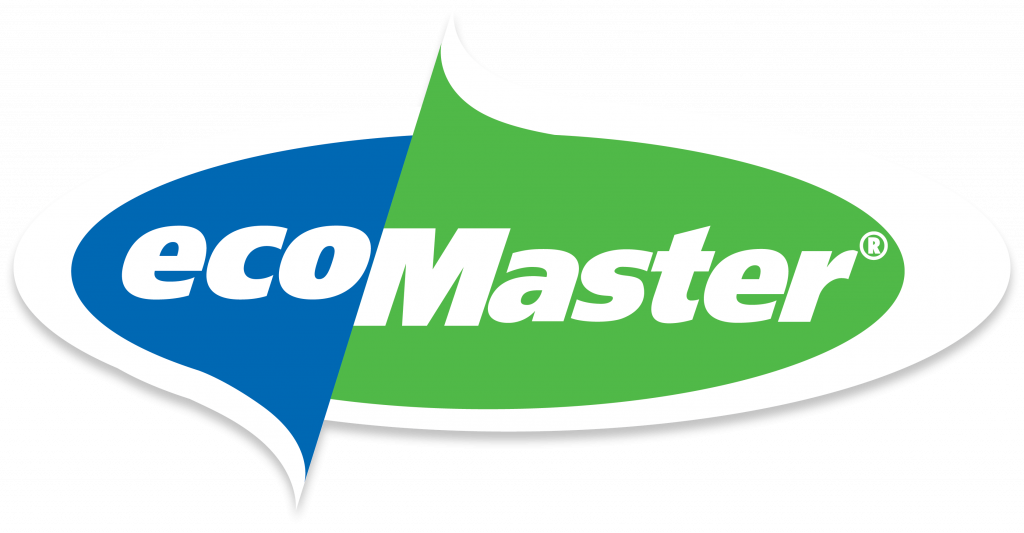If you’re a homeowner, or about to become one, you may have heard about the importance of insulation but wondered if it’s necessary. The truth is, insulation does more than just keep your home warm in the winter; it can also save you money and improve your quality of life. In this blog article, we’ll explore the 7 most important reasons to insulate your home, from energy efficiency to noise reduction, so you can decide if it’s time to invest in this important home improvement.
Let’s see what are the

#1: Energy Efficiency

Energy efficiency means using less energy to achieve the same or better results. One way to maximize your home’s energy efficiency is by reducing air leakage in walls, floors, and ceilings to prevent heat loss or gain. Without proper insulation, a significant amount of heat can be lost through floors, walls, and ceilings. Investing in insulation is crucial for improving energy efficiency and reducing energy costs. Whether constructing a new home, renovating an existing one, or upgrading thermal performance, selecting effective insulation should be a top priority.
#2: Thermal Comfort

Thermal comfort is the state of your body temperature feeling comfortable, not too hot or too cold in your home.
Well-insulated homes maintain consistent temperatures throughout, so you feel more comfortable in your home.
Thermal comfort involves feeling neither too hot nor too cold in your home and is affected by many factors such as humidity, air temperature, and adaptability to changing weather conditions. Research from Kansas State University and the Technical University of Denmark resulted in the development of a seven-point scale, called the predicted mean vote, to rate the level of thermal comfort for each household member. Insulating and draught-proofing your home can maximize thermal comfort by regulating temperature, humidity, and air movement. The PMV (Predicted Mean Vote) scale takes into account each person’s unique response to heat and cold based on their skin temperature and various primary and secondary factors.
#3: Financial Benefits

Energy efficient homes are gaining importance because they offer financial benefits for homeowners. According to research by the Sustainable Buildings Research Centre at the University of Wollongong, homes with energy-saving features can sell for up to 10% more than those with low energy ratings. Banks also offer incentives to promote such homes, such as lower interest rates for homes with a 7-star or higher NatHERS rating. Energy efficiency ratings are used to assess the minimum energy efficiency requirements of the National Construction Code, with higher ratings indicating a more energy efficient home that can potentially fetch a higher price. The good news is that installing or increasing insulation in established homes with a lower rating can improve their energy efficiency. Lastly, new home builds in Australia must now attain a 6-star rating, as ratings below this are too low for the country’s unpredictable climate.
#4: Healthy Home

The thermal environment in our homes and workplaces affects not only our energy consumption but also our health, productivity, and overall experiences. Poor thermal comfort levels can have harmful effects on our skin, endocrine, and respiratory systems. Extremely cold temperatures can increase the risk of asthma, fatigue, headaches, and musculoskeletal problems, while hot weather can be harmful to vulnerable groups like the elderly and young children causing dehydration and heat-related illnesses. Humidity can also cause problems such as mould growth, affecting indoor air quality and our health. To address these issues, it is recommended to use high-quality, durable, and affordable polyester insulation from ecoMasterStore, which is water-resistant and healthier than other types of insulation.
#5: Low Energy Bills

Oh, yes, please!
Insulating your home will significantly reduce your energy bills.
In the past decade, energy prices have risen by 117%, causing financial stress for households. Climate events and fluctuating temperatures only make the situation worse. Poor insulation can lead to an increase of 50% in energy costs. However, the good news is that DIY insulation installation can significantly reduce these costs. The labour costs for hiring professionals can be up to significantly, so doing it yourself can save you a lot of money. With high-quality insulation products, you can save money each year and get a return on your investment. DIY installation can pay for itself within a few years. In fact, installing insulation in walls and ceilings and improving draught proofing can lead to even greater returns. Savings of 152% over 7 years are possible. So, don’t wait and invest in DIY insulation to secure a better future for you and your family.
#6: Acoustic Comfort – Reduced Noise

With our modern lifestyle, it’s becoming increasingly harder to escape noise pollution. Whether it’s the sound of traffic, people walking past your home, birds chirping or other noises, external sound can negatively impact our wellbeing.
Whilst our Polyester Insulation is not designed to block out noise completely, it does help to reduce sound transmission. This means that you can still hear sounds from outside, but they will be less and if you have fully draught proofed your home with the right products, your home will be quieter making it much easier to relax and reduce stress levels.
#7: Greener
The world is facing an energy crisis as the demand for energy resources surpasses the limited supply. Various factors like population growth, natural disasters, and politics contribute to this problem. Weather conditions also affect energy usage, and alternative sources are not yet sufficient to meet the demand. Australia is experiencing the impact of this issue, with an average household releasing 20 tonnes of CO2 per year. The UN has urged a 90% reduction in household emissions by 2050. Insulating and draught-proofing homes can help reduce dependency on energy supplies and contribute to climate-proofing homes for future weather events. Making households energy-efficient is a small step in reducing our carbon footprint and addressing the global energy crisis.
People Also Ask:
⇒ Where can I learn more about this from an industry expert?
ecoMaster has been working in the energy efficiency / retrofit arena for over 20 years. During that time we learnt an enormous amount about diagnosing issues, distinctions on various products as well as developing the best installation practices. We have done the research, so you don’t have to. All that information has now been condensed into a series of ecoMasterClasses. Click here to gain access.
What’s Next?
We hope this article has helped you learn how to use simple ways to save on your utility bill. This in turn will help you on your energy and thermal efficiency retrofit journey to make your home more comfortable all year round, and reduce your costs and carbon emissions.
Next, explore Ways to face Gas Shortfalls: How To Overcome The Risks Ahead This Winter.
If you found this article helpful, then please subscribe to our YouTube Channel. You’ll find many more helpful “How To” videos there. You can also follow us on Facebook and Instagram to stay in the loop. For more great information on how to make your home more energy and thermally efficient subscribe NOW to ecoBites. ecoBites are free bite size chunks of the latest energy efficiency information making it quick and easy for you to absorb.

Make your Home more comfortable,
more pocket friendly and greener.
Make it better.


Recent Comments